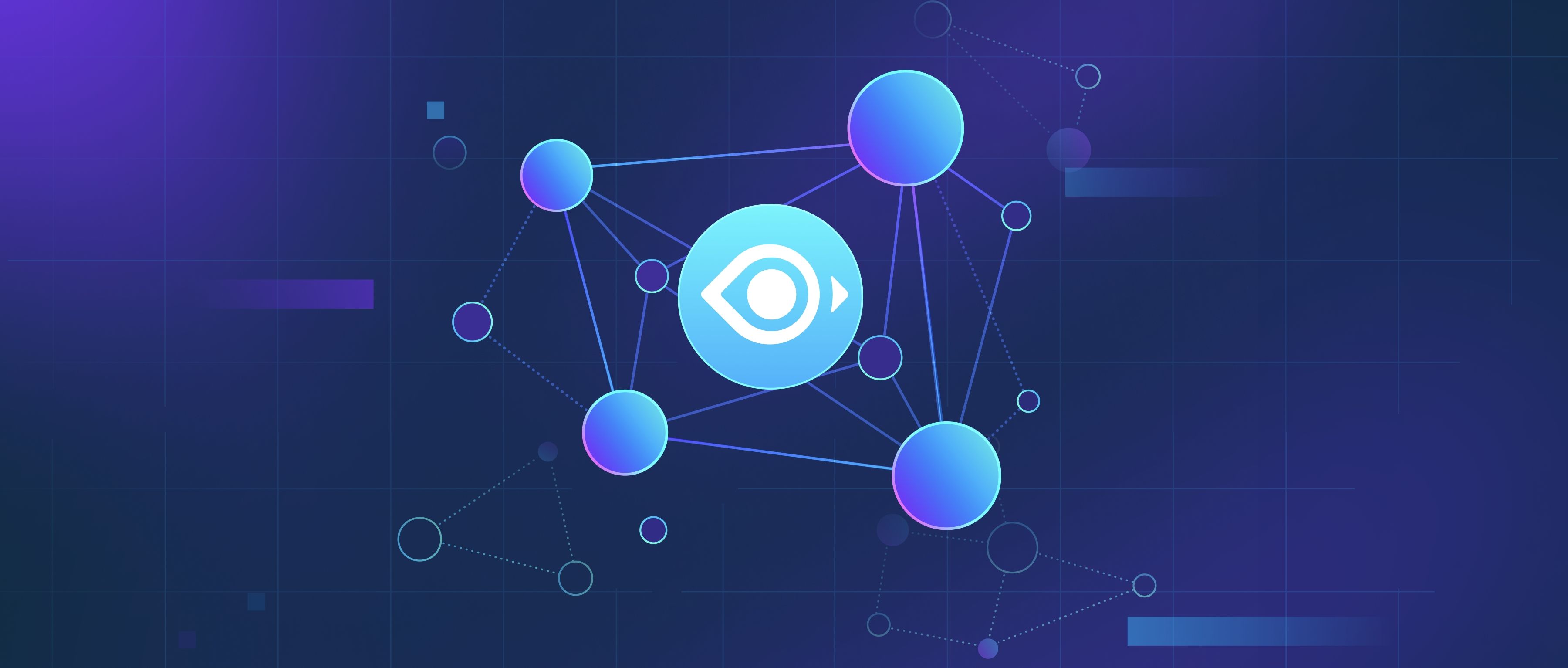DeepResearch is more beneficial than standard ChatGPT or Bing Chat in scenarios requiring access to specialized knowledge, in-depth analysis of academic or technical content, and synthesis of information from verified sources. While ChatGPT excels at general-purpose tasks like code assistance or casual Q&A, and Bing Chat provides web-based results with citations, DeepResearch is tailored for rigorous research workflows, particularly in academic, scientific, or technical domains. Here’s where it stands out:
1. Access to Specialized Databases and Paywalled Content DeepResearch likely integrates with academic repositories like PubMed, IEEE Xplore, or arXiv, enabling direct retrieval of peer-reviewed papers, preprints, or industry reports. For example, a developer researching quantum computing optimization techniques would need the latest algorithms from arXiv papers, which standard chatbots can’t access. Similarly, legal professionals analyzing case law or medical researchers reviewing clinical trial data would benefit from DeepResearch’s ability to pull content from subscription-based platforms like Westlaw or JAMA Network, bypassing paywalls that limit general tools.
2. Advanced Synthesis and Critical Analysis When projects require comparing methodologies, identifying research gaps, or validating claims across multiple studies, DeepResearch can aggregate and cross-reference data more effectively. Suppose a team is building a machine learning model and needs to evaluate competing approaches from 10+ papers. DeepResearch could summarize key findings, highlight contradictions, and even generate a comparative table of metrics (e.g., accuracy, computational cost), whereas standard chatbots might only provide superficial summaries. This depth is critical for R&D teams avoiding redundant work or ensuring their solutions align with proven research.
3. Real-Time Updates and Confidentiality In fast-moving fields like AI or biotechnology, access to preprints or conference proceedings before formal publication is essential. DeepResearch might monitor platforms like bioRxiv or Hugging Face for real-time updates, alerting users to breakthroughs like a new LLM architecture weeks before it’s mainstream. Additionally, enterprise-grade research tools often include compliance features (e.g., GDPR-compliant data handling) crucial for industries like healthcare or finance, where ChatGPT’s public training data or Bing’s web scraping could pose privacy risks.
In summary, DeepResearch is optimal for developers and researchers who need curated, verifiable data from niche sources, require analytical depth beyond surface-level answers, or operate in regulated environments where data provenance and confidentiality matter. It bridges the gap between general AI assistants and domain-specific research tools.
